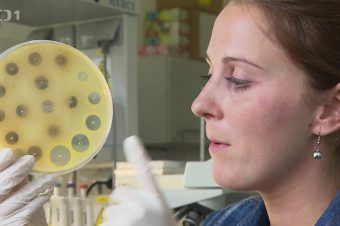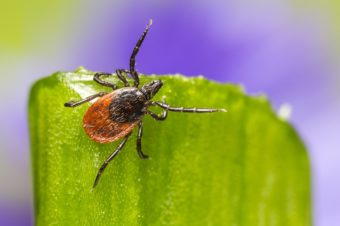We enclose offers for interesting job positions in the field!
PhD pozice v Toruni, Polsko:
We are looking for a PhD student in the Department of Immunology – which belongs to “Emerging field: Chronic diseases” at Nicolaus Copernicus University, a distinguished research group – to work on the project titled “The dark side of endotoxin tolerance: increased susceptibility to cancer”.
The proposed PhD project aims at deciphering why a few years before cancer diagnosis people stop developing fever in response to infection. In this project the association between endotoxin tolerance and cancer development will be investigated.
The research will be carried out in vitro using cell lines (2D and 3D cultures) and in vivo on a mouse cancer model and endotoxin tolerance model. We will use methods such as flow cytometry, biotelemetry, biochemical and immunoemzymatic methods, analysis of gene expression and methods for assessing the reactivity of immune cells. The knowledge obtained in this project will explain why immune system tolerate cancer cells.
Postdoktorandská pozice v Kielu, Německo:
The Zoological Institute of Kiel University offers one position of a Research Assistant (Postdoctoral Researcher) starting on 1st September 2021 and limited until 31st August 2023.
The position is offered in the group of Dr. Alexander Klimovich (https://www.alexander-klimovich.com/) within the Department of Cell and Developmental Biology headed by Prof. Dr. Thomas C.G. Bosch.
The position is offered within a project “Uncovering the role of taxonomically restricted genes in the basal metazoan Hydra” supported by the German Science Foundation (DFG). The pro-ject addresses one of the most puzzling questions of evolutionary developmental biology and genomics: What is the role of non-conserved taxonomically restricted genes (TRGs, a.k.a. or-phan genes) in animal development? How do they complement the conserved molecular toolkit of Metazoa? We address these questions using the experimentally tractable and evolutionary informative model Hydra (Cnidaria).




